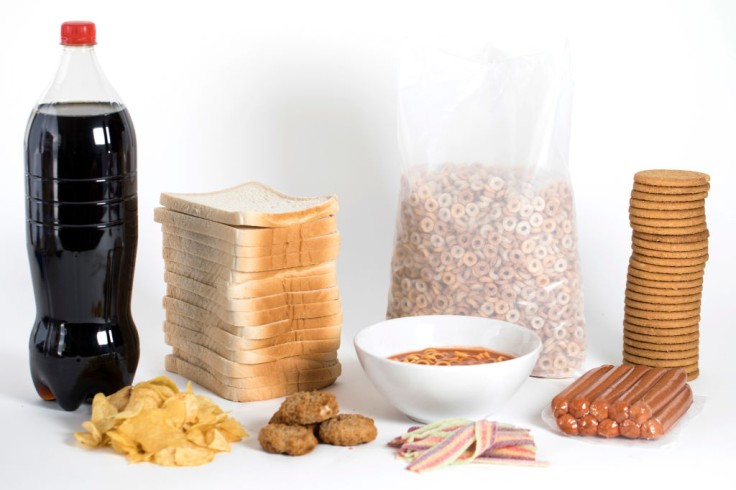
A study with more than 540,000 older participants discovered that consuming diets rich in ultra-processed foods is linked to a 10 percent higher chance of early death compared to individualities who adhere to balanced diets.
Advanced Mortality Risk Linked to Ultra-Processed Foods
Erikka Loftfield, the main researcher at the National Cancer Institute, along with her team, anatomized the eating patterns of over 500,000 older adults between the ages of 50 and 71 in the US for nearly 30 years.
The results, showcased at the yearly meeting of Nutrition 2024 in Chicago by the American Society for Nutrition, emphasized the notable effect of consuming ultra-processed food on health and lifespan.
Loftfield stated in a press release that they noticed a strong association with advanced mortality risk for processed meats and sugary drinks among the groups ofultra-processed foods. She stressed that a diet that's low in these foods is formerly being advised for the prevention of diseases and promotion of health.
Their exploration findings align with a substantial volume of literature that shows consuming ultra-processed foods has negative effects on health and life expectancy.
Still, there remains a lot unknown to them, similar as which elements of ultra-processed foods may present possible health hazards.
Understanding Ultra-Processed Foods
Ultra-processed foods with artificial flavoring and preservatives are manufactured to extend their shelf life. Samples include of pre-packaged snacks, commercially made bread, baked goods, morning sugary cereals, and instant food.
A 2022 study conducted by The American Journal of Clinical Nutrition advised choosing unprocessed or minimally processed foods rather of highly processed options.
The American Heart Association also recommends choosing minimally reprocessed foods, like frozen and canned fruits and vegetables.
Numerous studies have constantly connected consuming a large quantity of ultra-processed foods with reduced levels of fiber, protein, potassium, and other crucial nutrients.
The threat of obesity, hypertension, type 2 diabetes, coronary heart complaint, bone cancer, liver disease, depression, and Crohn's complaint is elevated with a diet high in ultra-processed foods.
A 2024 study in Neurology revealed that a 10% rise in consumption of ultra-processed foods is linked to lesser chances of cognitive impairments and stroke, as additives in these foods disrupt gut microbiota and trigger inflammation.
Reducing Ultra-Processed Food Intake
Greatly lowering intake of ultra-processed foods and embracing a Mediterranean diet has proven advantages for brain well- being.
Examples of unhealthy ultra-processed foods to steer clear of are ham, hot dogs, frozen french fries, potato chips, diet sodas, prepackaged fruit- flavored yogurt, sausages, ham, deli meat, baking mixes, instant noodles soups, and cookies.
A connection between consuming a large number of ultra-processed foods and advanced rates of death from heart complaint, diabetes, and untimely death.
Contrary to previous studies, this exploration didn't observe an increase in losses linked to cancer. Loftfield refocused out that largely reused meat and soft drinks were the groups most explosively linked with the threat of mortality.
A study conducted in March 2019 discovered that women who consumed over two sticky drinks per day faced a 63% much higher chance of early death, compared to men who endured a 29% increase.
Rosie Green, a professor at the London School of Hygiene & Tropical Medicine, stated that despite processed meats being considered one of the most unhealthy foods, numerous people do not realize that frozen products such as ham or chicken nuggets are classified as ultra-processed.